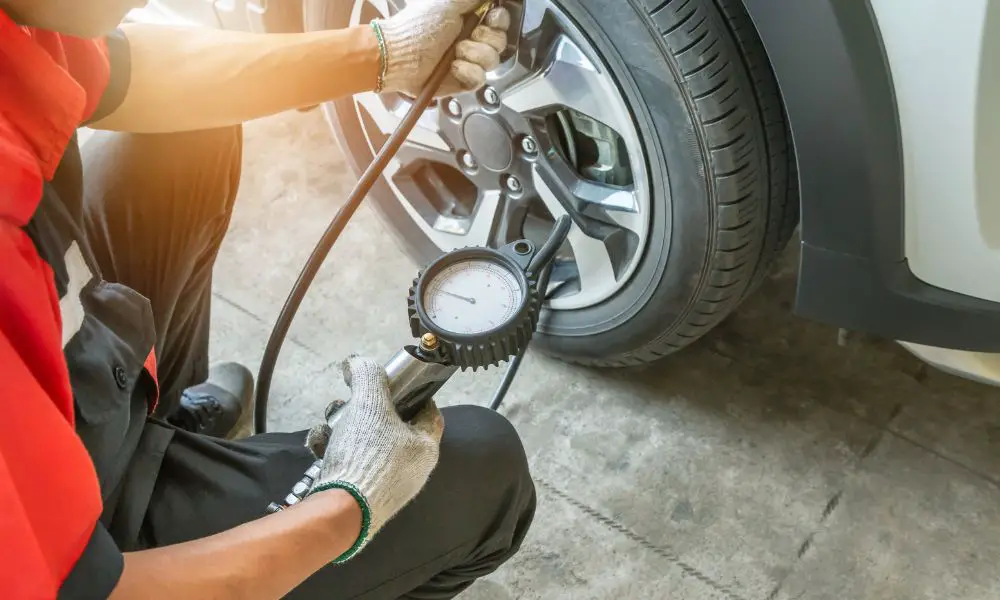

A Honda is a fantastic vehicle. It’s reliable, efficient, and relatively affordable. Many people love their Hondas, and keeping them in tip-top shape is important to them. One of the best ways to do that is to maximize your Honda’s fuel economy.
These are some easy tips to help you boost your Honda’s fuel economy and save money in the long run.
Keeping your tires inflated to their correct pressure will help improve fuel efficiency by up to 3 percent. Check your tire pressure at least once a month or whenever you fill up with gas. If necessary, add air until the tires reach the proper inflation. But be careful not to over-inflate them! You can find the correct pressure in your owner’s manual or inside the driver’s door jamb.
It may seem like a hassle, but staying on top of routine maintenance will ensure your car runs as efficiently as possible. This maintenance includes everything from regularly changing the oil and air filter to checking all belts for signs of wear or damage. Ensuring all parts are in working order will guarantee that your engine isn’t using unnecessary energy, thereby improving fuel economy.
How you drive greatly impacts how much gas your car consumes, so pay attention to how you drive. Accelerating quickly or braking suddenly can decrease fuel economy significantly, so try to avoid aggressive driving when possible. Additionally, keeping speeds at or below the posted speed limit helps increase MPG; every 5 mph over 50 mph cuts fuel efficiency by 7 percent!
Getting the most out of your Honda’s fuel economy doesn’t have to be complicated—just check the tire pressure regularly, keep up with routine maintenance, and watch your driving habits. With these simple tips, you should see an improvement in performance and an increase in miles per gallon!
Before adding popular exterior accessories to your Honda, remember that large spoilers and other add-ons can reduce fuel efficiency. Therefore, weighing the pros and cons of any potential add-ons before purchasing is important. That way, you can ensure your chosen accessories won’t negatively impact your vehicle’s fuel economy.
Roofing is a crucial aspect of a building's structure as it protects the interior from…
When it comes to maintaining a home, one of the most important aspects to consider…
Galveston, Texas, is quickly emerging as a premier destination for deep-sea fishing enthusiasts in search…
In the ever-evolving landscape of construction and building maintenance, sustainability has emerged as a crucial…
Minnesota, celebrated for its picturesque rural landscapes and vibrant urban centers such as St. Paul…
In the realm of kitchen renovations, cabinetry plays a pivotal role in shaping both the…